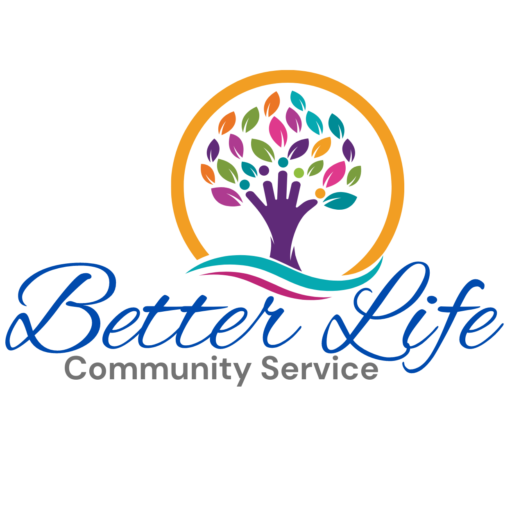It becomes highly stressful for someone to take care of a family member who is suffering from some kind of health-related issue or a mental problem. Even though they make their best efforts in managing their professional and personal life and at the same time look after them still they fail to get the best-desired result. If you are also facing the same kind of issue and going through a tough time then it is better to hire professionals who specialize in offering the best disability and NDIS support services in Gold Coast.
A wrong misconception that people have is that hiring an expert and registered NDIS service provider is a costly job. Not only this, but they also think that they won’t be able to take care of their loved ones in the way that they want. The reason for which you should hire professionals is that they know their job well. As they are in the industry for years, they can help you in the best possible way. Apart from this, they will also make you aware of the options you have so that you can easily make the best possible decision. They will also make you aware of how the NDIS helps people who are suffering from some kind of disability or other. To get the right idea about this you can check out the points mentioned below. You can also book an appointment with the experts and consult with them regarding NDIS health and personal care.
WAYS IN WHICH NDIS HELP PEOPLE WITH DISABILITIES
The National Disability Insurance Scheme (NDIS) is a government-funded program. It helps and supports people who are permanently disabled or suffering from a significant disability that highly affects them and they are not able to participate in everyday activities. The main aim of NDIS is to help disabled people maintain a happy and independent lifestyle. It is well designed keeping in mind the needs and requirements of the participants and to offer them the best support for the rest of their life.
The National Disability Insurance Scheme (NDIS) provides them with money so that they can easily pay for their food, rent, traveling cost, and some kind of equipment that they need. In short, it pays the essential living costs for disabled people. The government helps as much as it can to make the life of the NDIS participants a better one.
To get the best idea about high-intensity cares NDIS in Brisbane and the best options that you can opt for you must consult with professional registered NDIS providers.
If you are looking for experts who specialise in offering the best support and care service then you can connect with the team of Better Life Community Service. We are trained, and experienced and can help you in the best possible manner. Our team has always been successful in helping the participants and delivering great results. To know how we help them and the charge we take to offer the best disability and NDIS support services in Sunshine Coast you just have to give us a call and book an appointment. We will provide you with all the details so that you don’t have any doubts.
